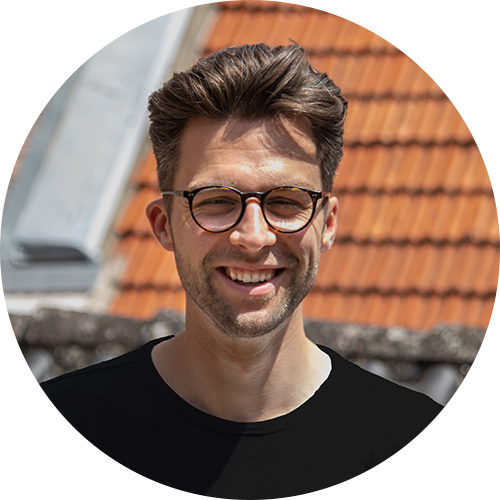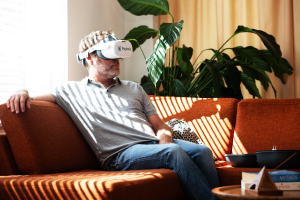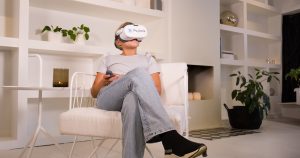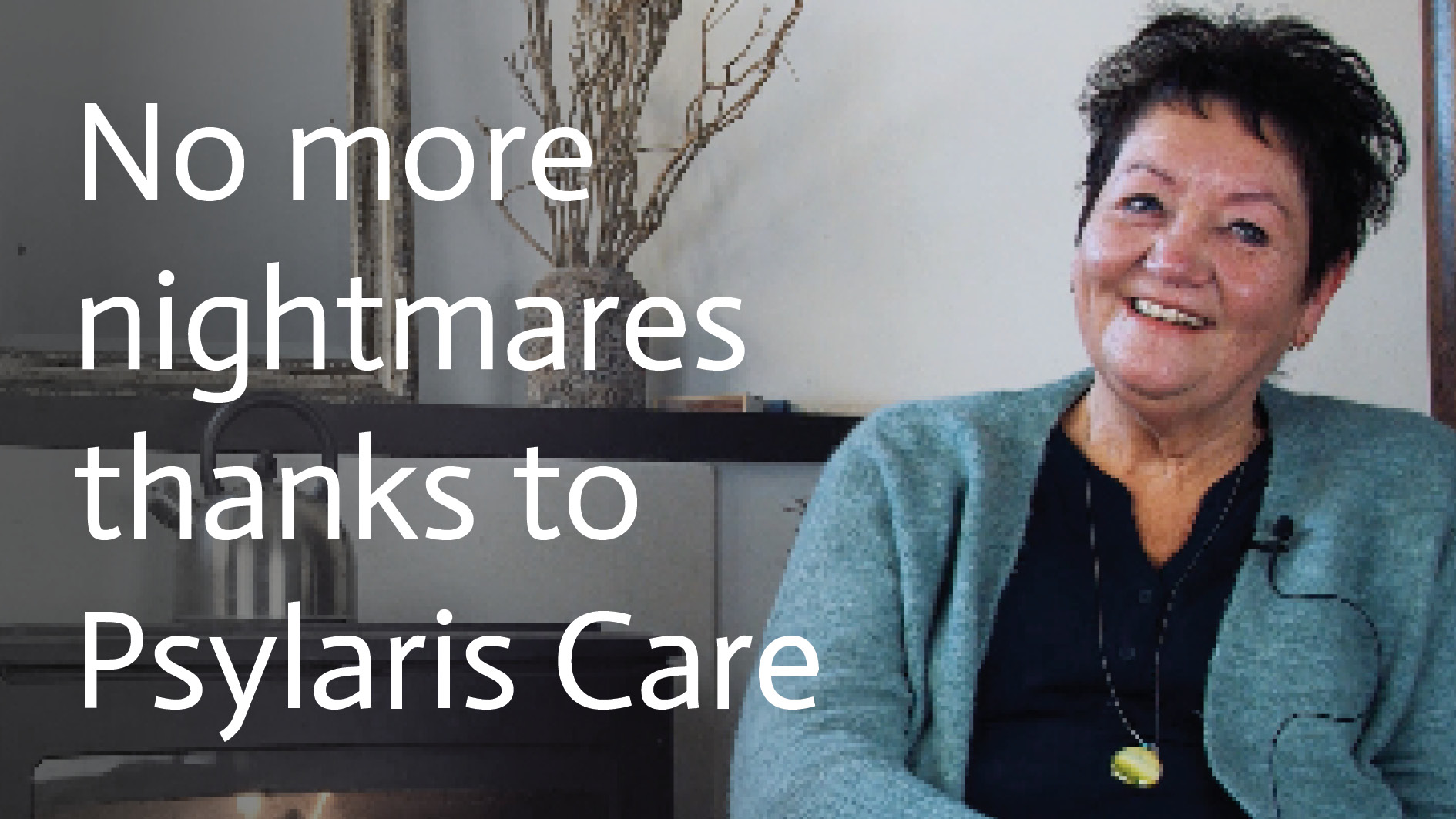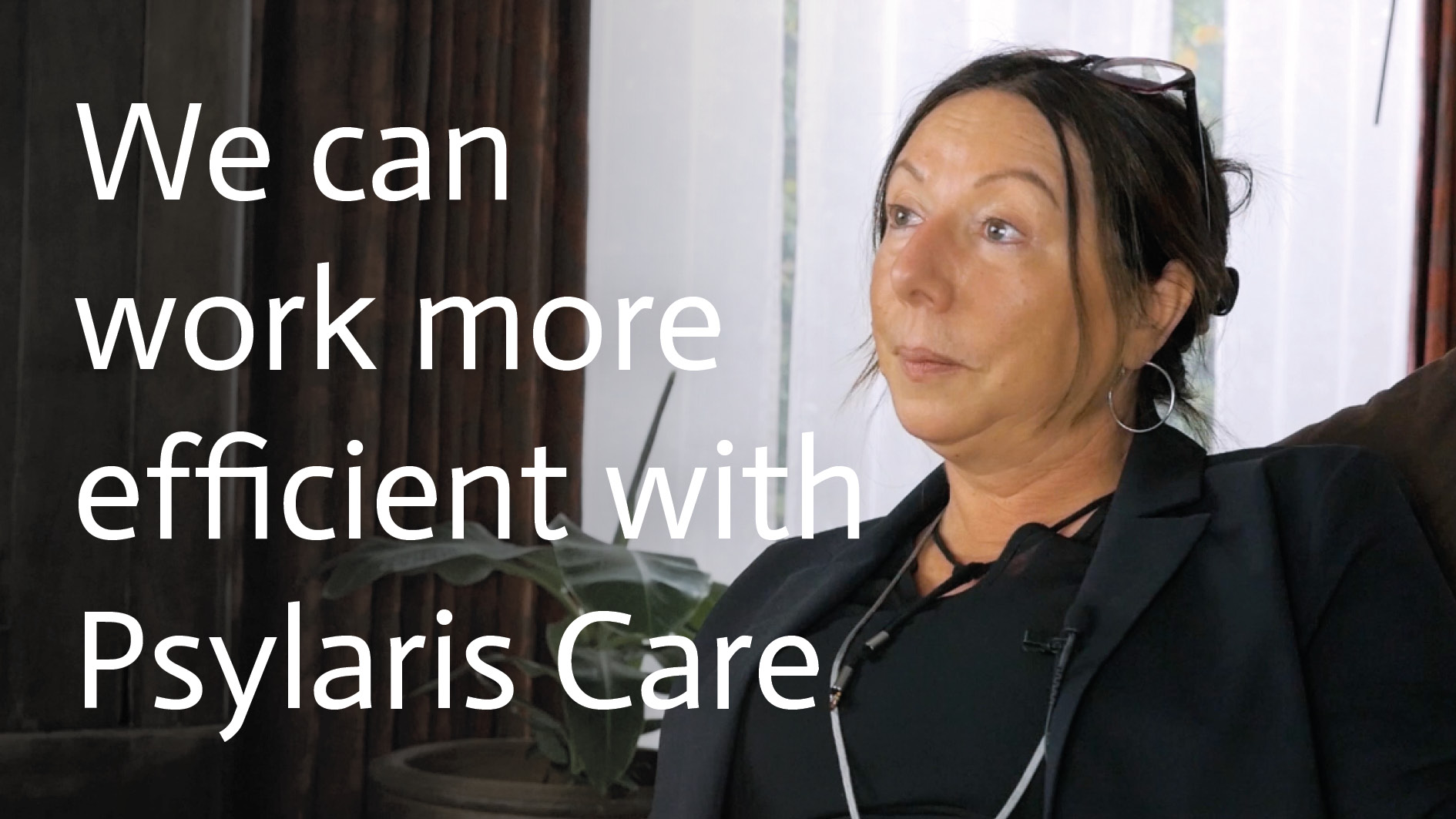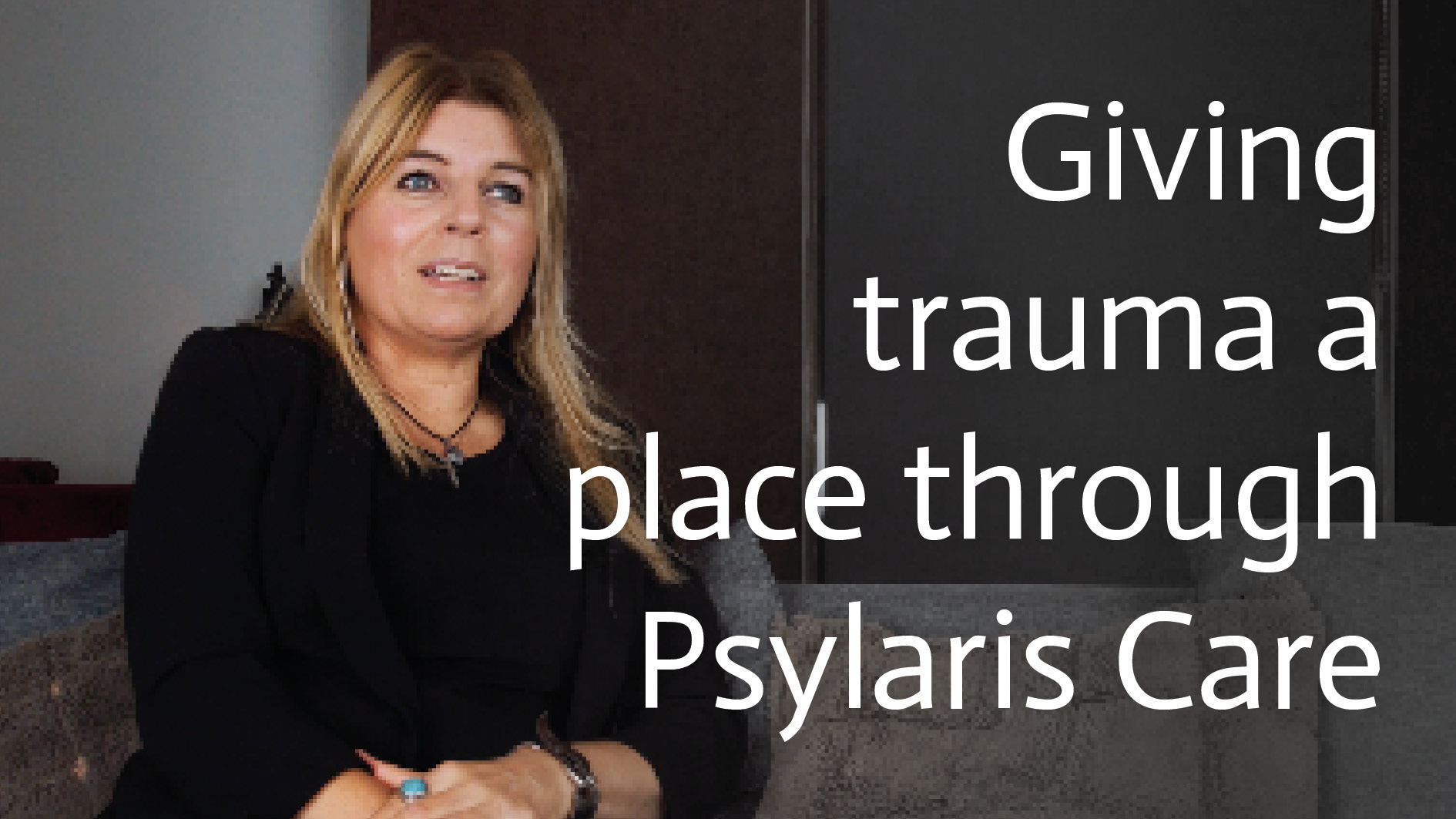2017 was a tough year for Kevin. He experienced a traumatic event. Despite the severity of his symptoms, he ended up on a waiting list for some time. When there was finally room for him, he ended up at a practice where he underwent regular EMDR therapy for a while. In the summer of 2018, they decided to participate in a pilot of EMDR in VR. Kevin's therapist suggested continuing the treatment in virtual reality and he immediately knew he wanted to try that. A decision he is very happy with to this day.
We spoke to Kevin about his experiences.
What did you think when your therapist suddenly suggested VR glasses?
I was mainly curious. I like gadgets, so I definitely wanted to experience this. Besides, I had already noticed some cautious first effects of the regular EMDR sessions, so I was curious to see what else would be possible with this method.
What did you expect from the first session?
I'm quite easily distracted, so the idea of being completely closed off by the glasses and being in my own world for a while seemed a nice prospect.
How did you experience your first treatment?
Compared to regular EMDR, it was pretty intense. Heavy, but nice I would say. Overwhelming in a good way. The glasses and the way in which, in no time at all, you find yourself in the luxurious VR environment, is very special to experience. You really feel like you're there instead of in your therapist's office. It is so detailed and peaceful. No therapist scratching his nose, or shadows on the wall of cars driving by, but really full focus. I knew that technology can do a lot, but this was immediately of a different order. I knew immediately: this therapy is going to mean a lot to me.
Didn't you get disoriented?
No, you quickly get used to it. You don't even notice that you're wearing the glasses anymore and you just accept the new (virtual) reality.
Where was your therapist during that session?
He was in the same room. The set-up of the treatment was not much different than usual. I first came in and together we looked at where I was at that moment and which 'picture' I would use for the session. Then I put on the glasses and he continued with his normal activities. After the VR session we talked and I shared my experiences.
What effect did you notice after the first treatments?
I noticed very large effects on myself right away; much larger than after the traditional EMDR treatments. Then I also noticed something, but those were really small steps. Now I walked the streets with more confidence after each treatment and I suffered less and less from nightmares and re-experiences.
What makes this therapy so enjoyable for you?
Besides the lack of distractions and the enormous effects that I immediately saw, I also liked being more in control. To be able to undergo the therapy quietly and in my own space and time.
Are you still experiencing the positive effects of the therapy?
Yes, every day. I live my life again. I can work again and enjoy a winter sports holiday, for example. But I still go to my virtual therapist! Not weekly as before, but still once every two to four weeks. It helps me a lot with the nightmares I still have.
What do you want to see differently?
That imprint of the glasses that stays on your face for at least another 15 minutes... No, I'm not kidding. I really don't have any negative experiences with the glasses or things I would like to see done differently during the treatment itself. If I had to mention one point though: the interaction with the practitioner could be a bit better. It would be great if they could have some kind of dashboard to follow the development of the client and to be able to direct or think along better. Now, the follow-up interview was always based on my experiences alone. With all that this technology can do now, it should be a piece of cake!
Would you recommend EMDR in VR to others?
Do you really need to ask me that question, haha? Yes, definitely! It is so simple and effective. Moreover, it is easy to use; for every therapist and client, regardless of age and skill with techniques. This should be offered in every practice tomorrow. I think it is the solution to the waiting time problem. There are so many people with traumas and fears. We could help all of them quickly and prevent their complaints from getting worse!
Inspired by Kevin's story, would you also like to run a pilot in your practice or organisation? Please contact us to discuss the possibilities via mike@psylaris.com.

